Egypt
History and Culture of Egypt
Egypt is an ancient and amazing country, rich in history and culture. It was here that one of the oldest civilizations in the world flourished - Ancient Egypt. Pharaohs, pyramids, giant stone sculptures - all these are symbols of this amazing civilization. Great pharaohs such as Cheops, Tutankhamun, Cleopatra left their mark on history and became objects of admiration and study for many generations. The culture of Egypt is rich and diverse - it combines ancient traditions and modern influences, creating a unique cultural heritage that attracts tourists and researchers from all over the world. The history and culture of Egypt continue to amaze and inspire people with its uniqueness and grandeur.
Geography and climate of Egypt
Egypt is a mysterious and enigmatic country located in north-east Africa. Geographically, Egypt is divided into two main parts - Upper and Lower Egypt, separated by the Nile River. Most of the country is represented by deserts - the Sahara and the Libyan Desert. Populated areas are concentrated along the banks of the Nile, where agriculture flourishes. The climate in Egypt is hot and dry, the average temperature in summer is about +30 degrees, in winter +20 degrees. Low humidity and almost no precipitation create unique conditions for rare plants and animals, as well as for the preserved monuments of ancient Egypt. Ancient Pharaohs and Pyramids Ancient Pharaohs and Pyramids play a key role in the history of Egypt. The Pharaohs who ruled the great country of the Nile were considered demigods and had unlimited power. They built huge pyramids as tombs to ensure eternal life after death. The most famous of them is the Pyramid of Cheops, one of the Seven Wonders of the Ancient World. The pyramids were not only burial structures, but also symbols of the power and wealth of the Pharaohs. Their construction required incredible efforts and technological knowledge, and to this day these majestic structures remain a great heritage of mankind, attracting thousands of tourists from all over the world.
Modern Egypt: Society and Economy
Modern Egypt is a unique combination of ancient and modern culture. The country has huge social inequalities between the rich elites and the poor, which is reflected in the structure of society. Most residents are employed in agriculture and tourism, but the services and information technology sectors are also developing. Egypt's economy is based on revenues from tourism, the oil industry, agriculture and the Suez Canal. However, the country faces problems such as high unemployment, inflation and corruption, which hinder economic development. The government is improving the investment climate and implementing economic reforms to stimulate growth. Despite the challenges, modern Egypt remains an important player in regional politics and the economy of the Middle East. The country has a rich cultural heritage that attracts tourists from all over the world, and there are active scientific and research institutions.
Tourism in Egypt: attractions and recreation
Egypt is a popular tourist destination rich in history and culture. The country has many amazing attractions, such as the archaeological complex in Giza with the pyramids and the Sphinx, as well as the ancient Karnak Temple in Luxor. Egypt attracts tourists with its resorts on the Red Sea, where you can go diving and snorkeling. On the Mediterranean coast, there are famous resorts of Sharm el-Sheikh and Hurghada. Egypt offers many opportunities for a varied and interesting holiday.

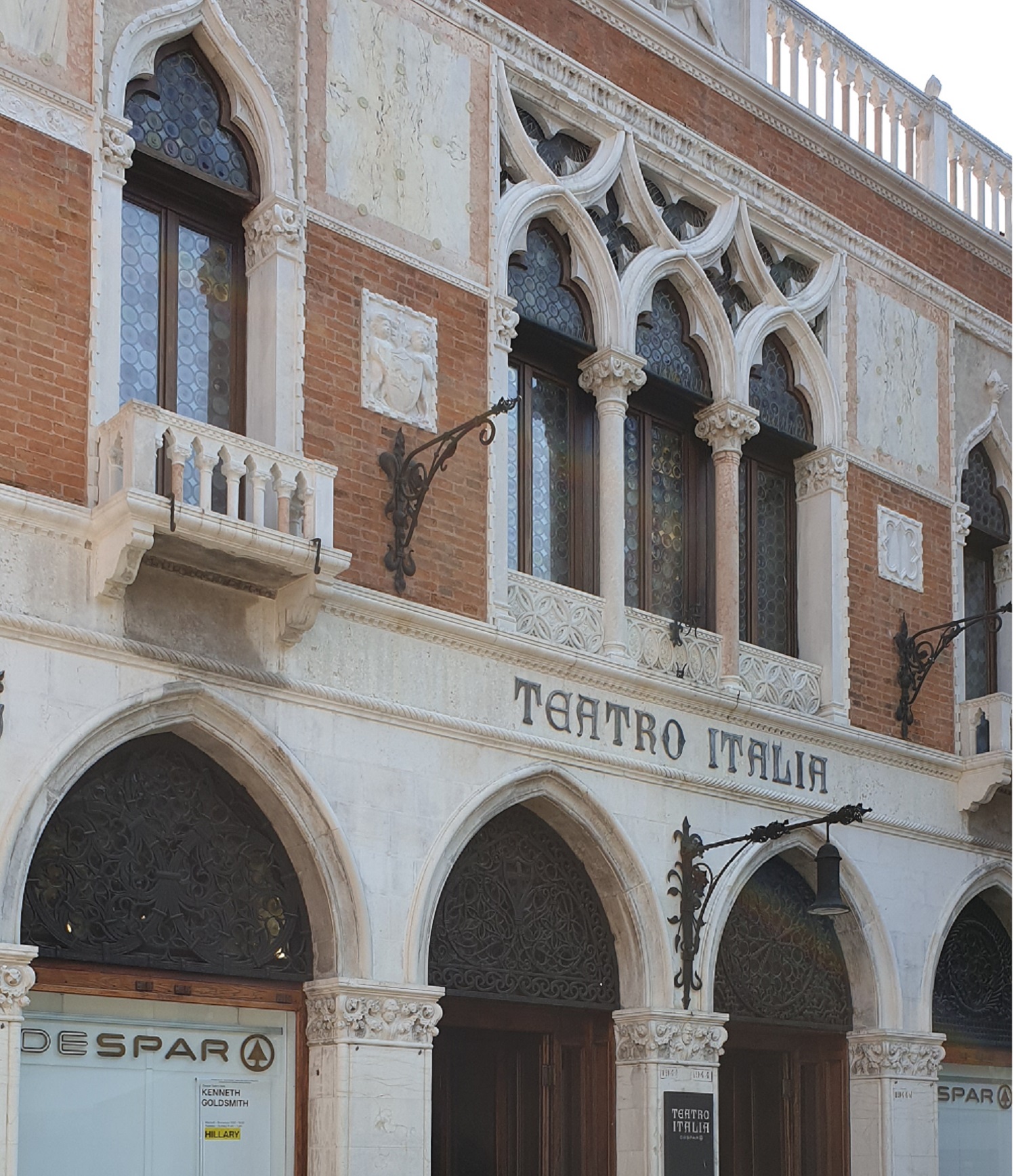
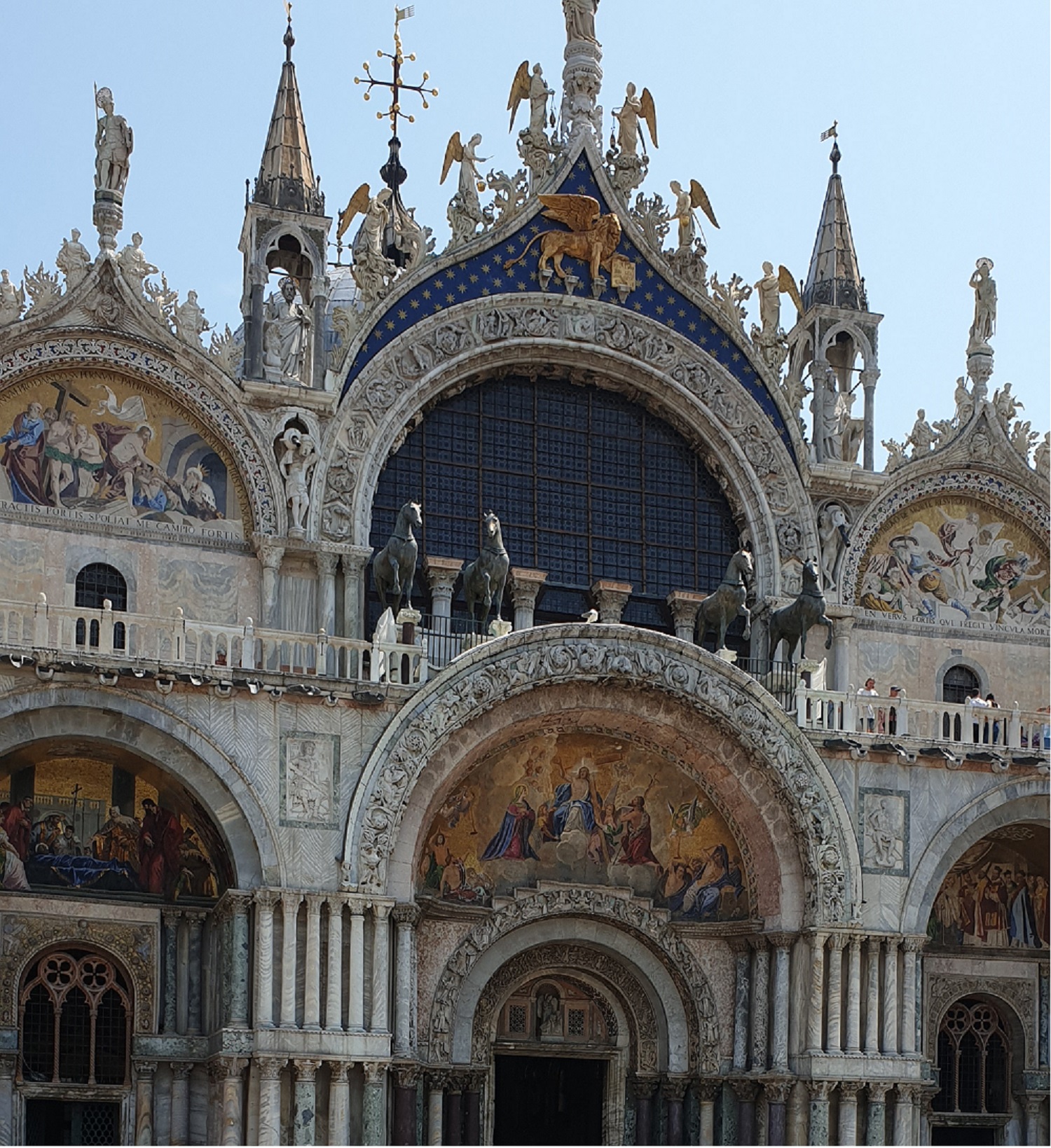
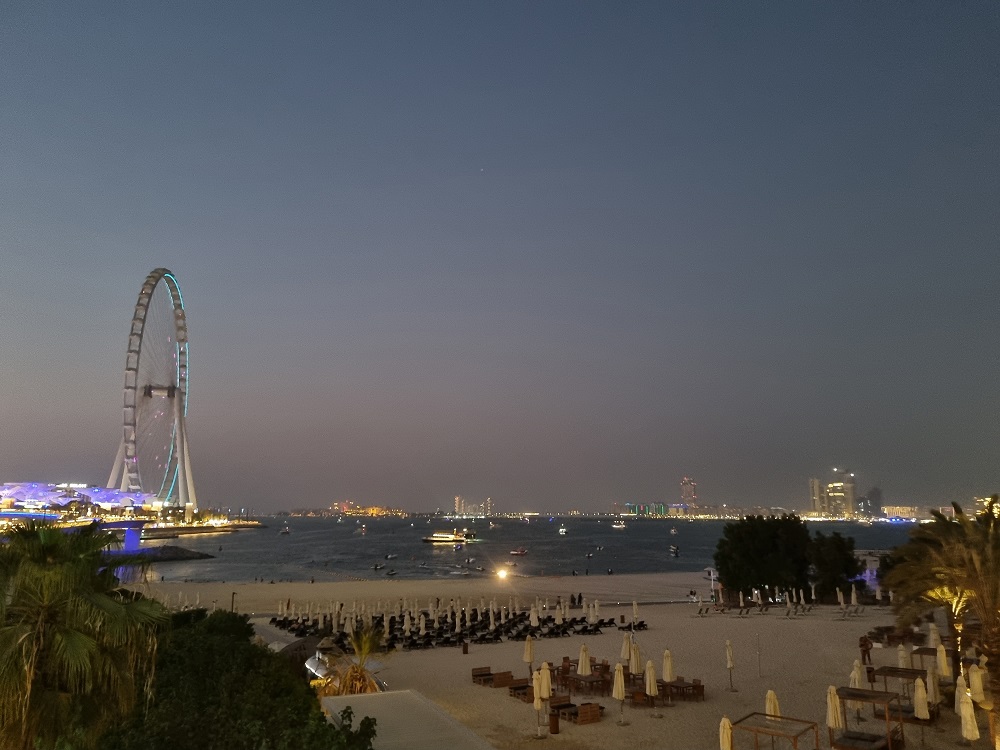


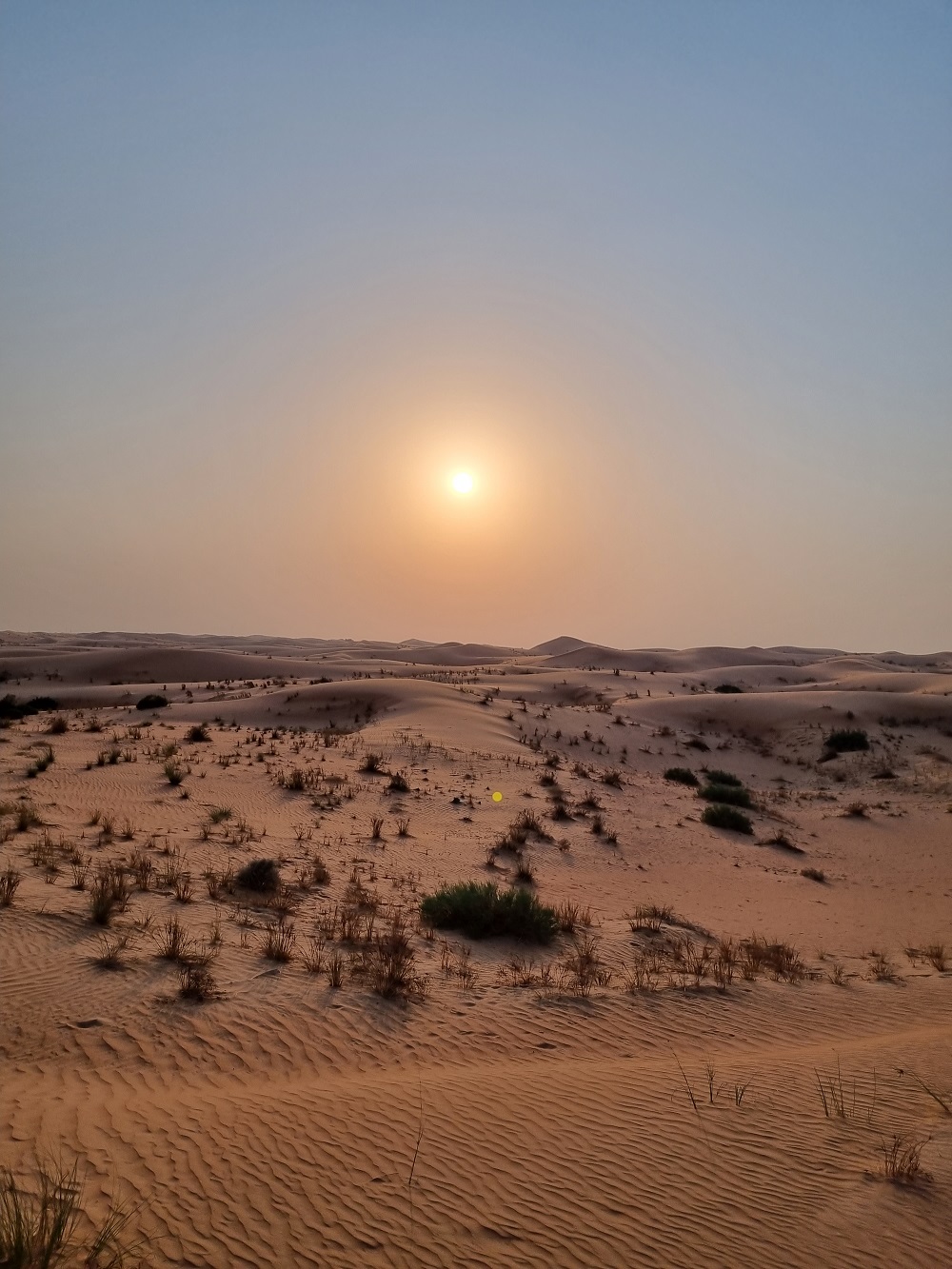
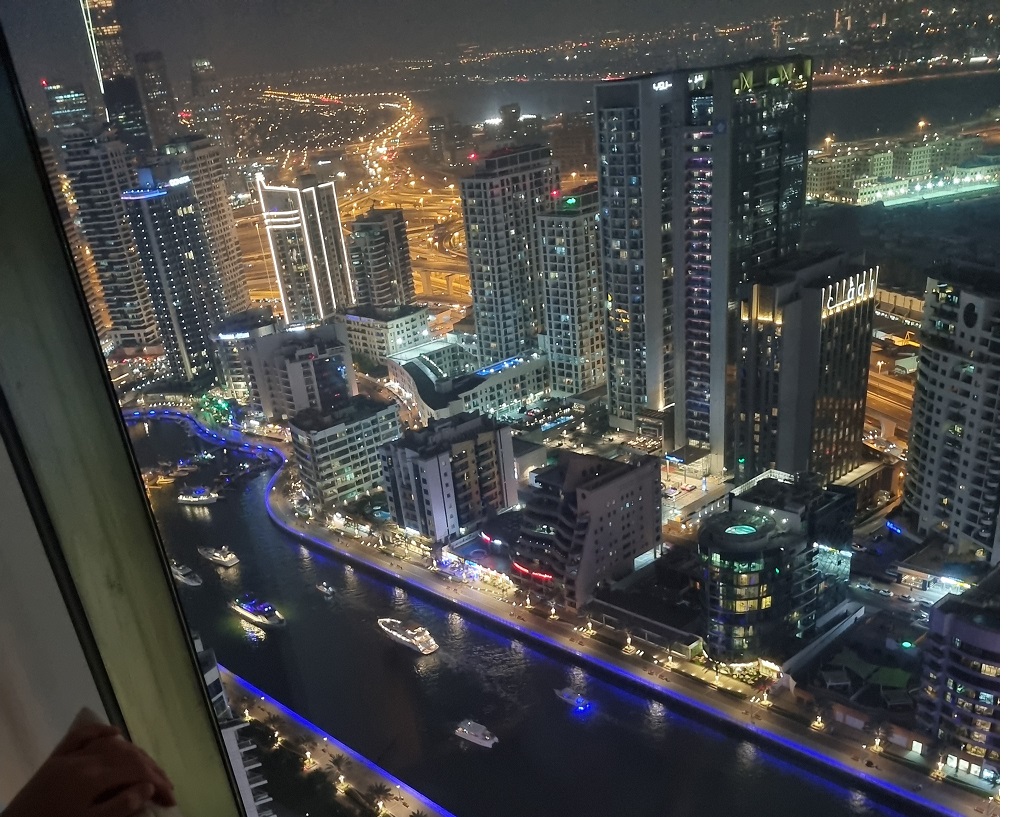
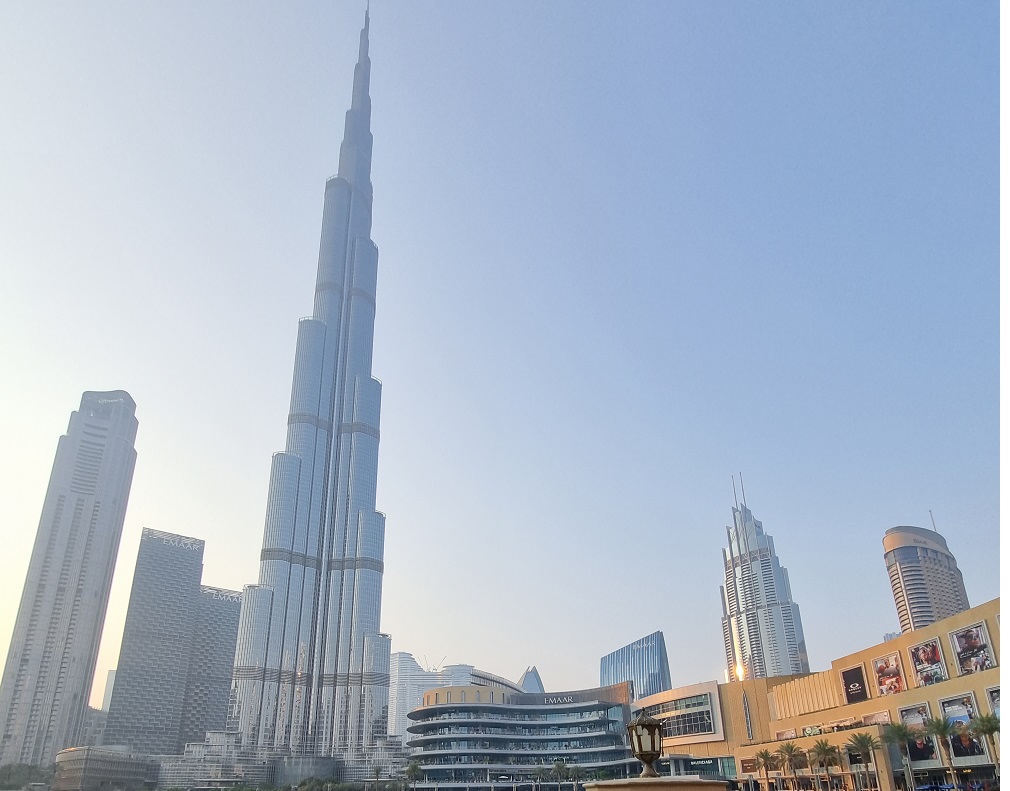
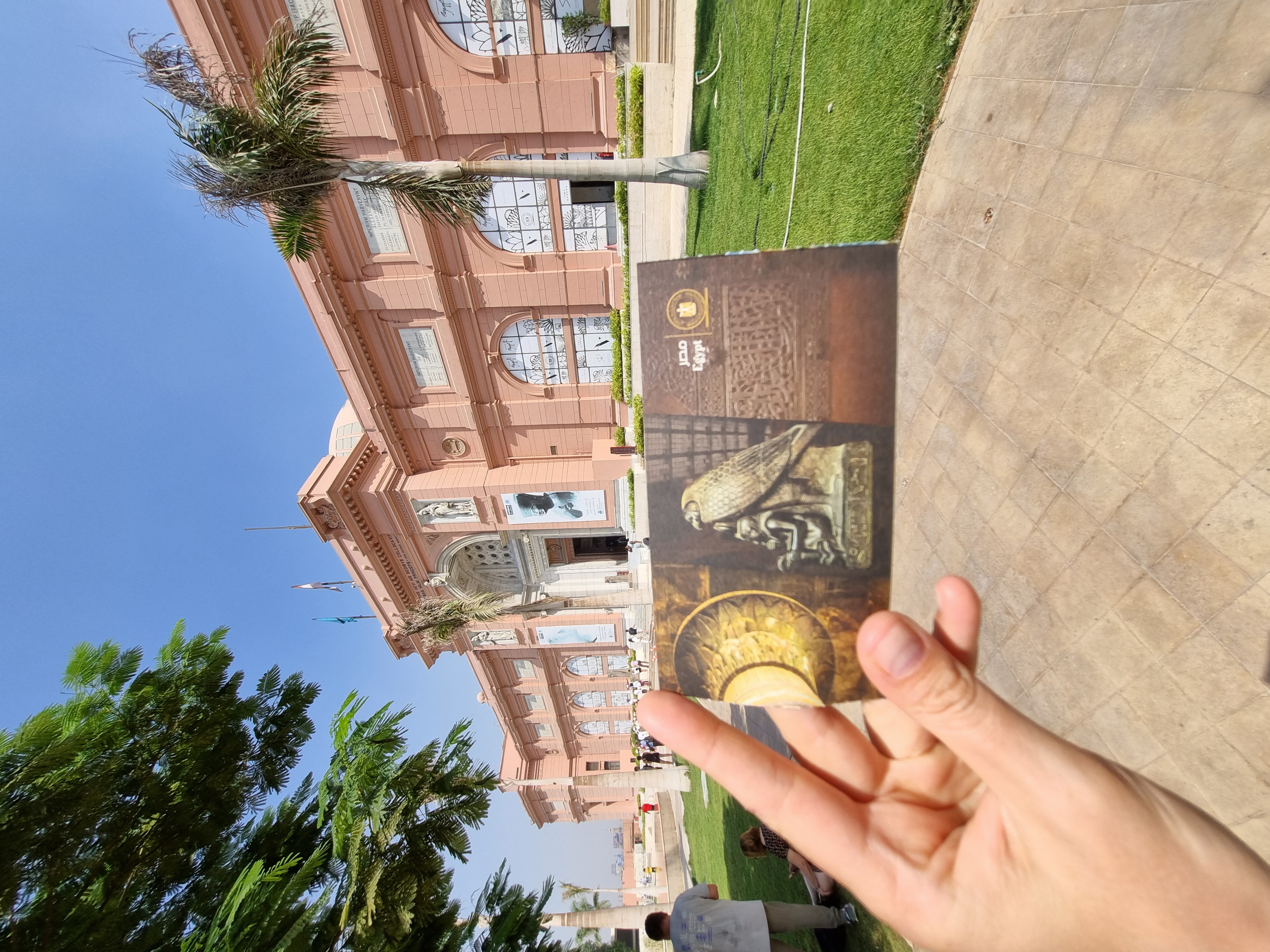
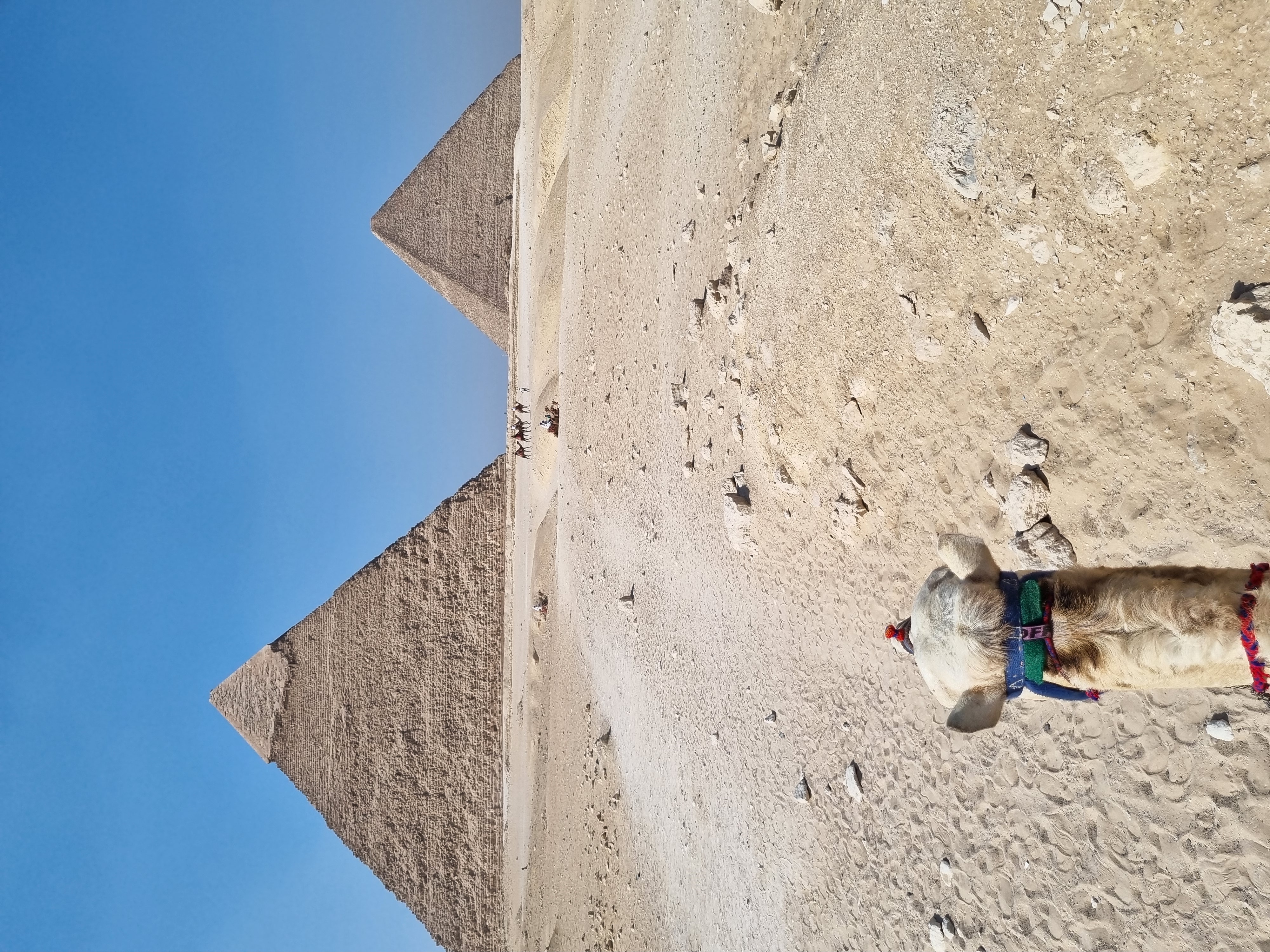
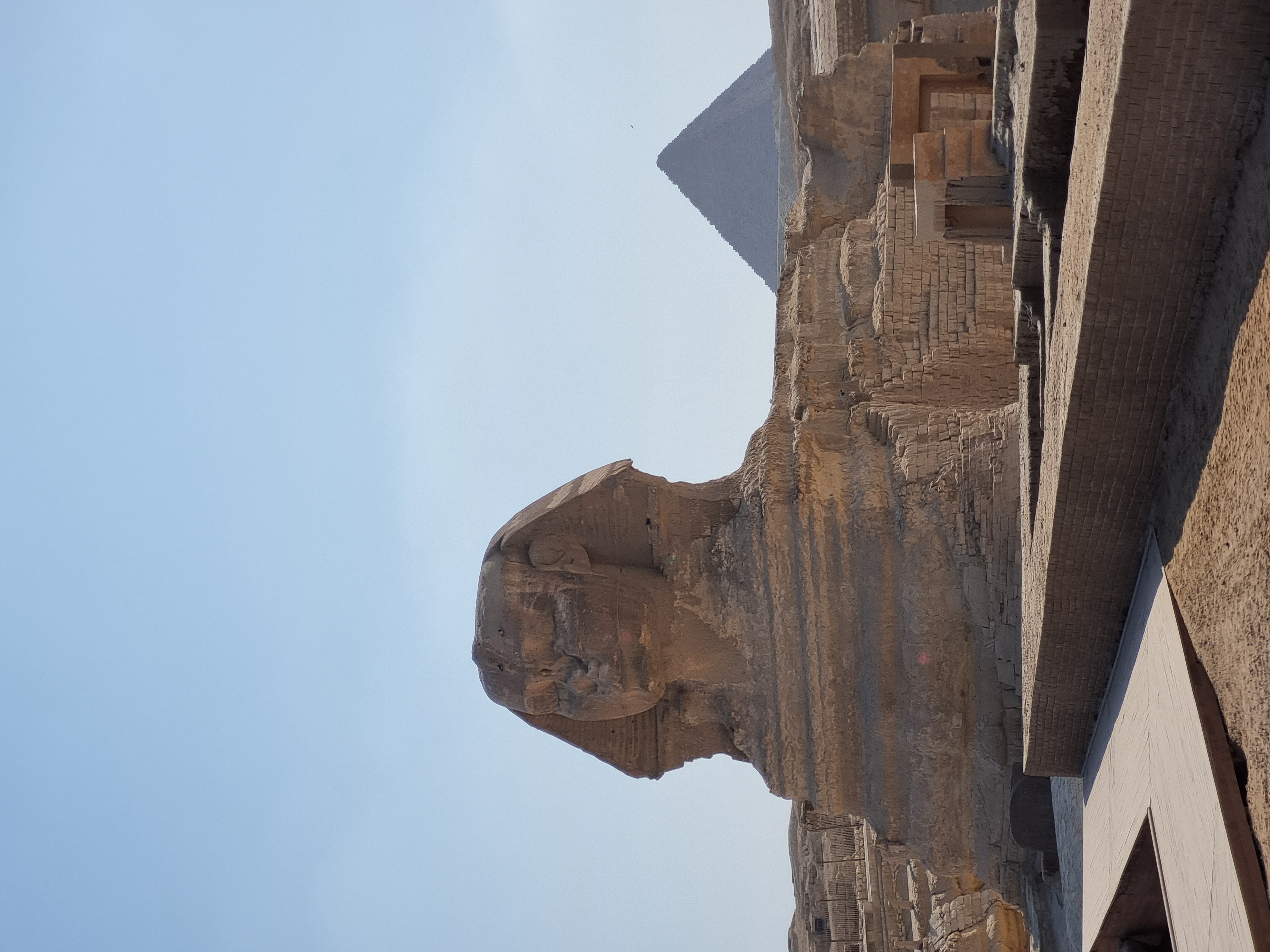
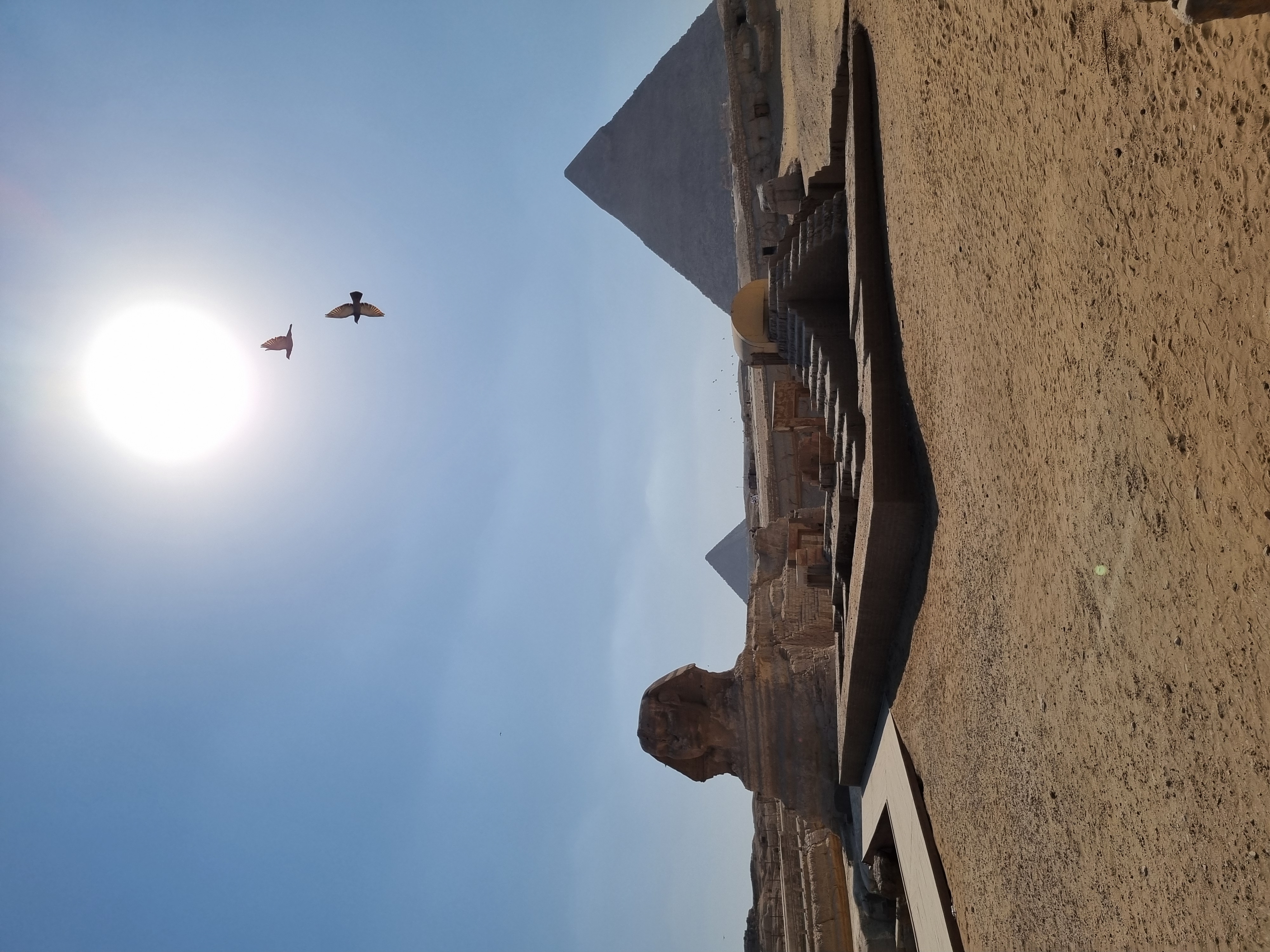
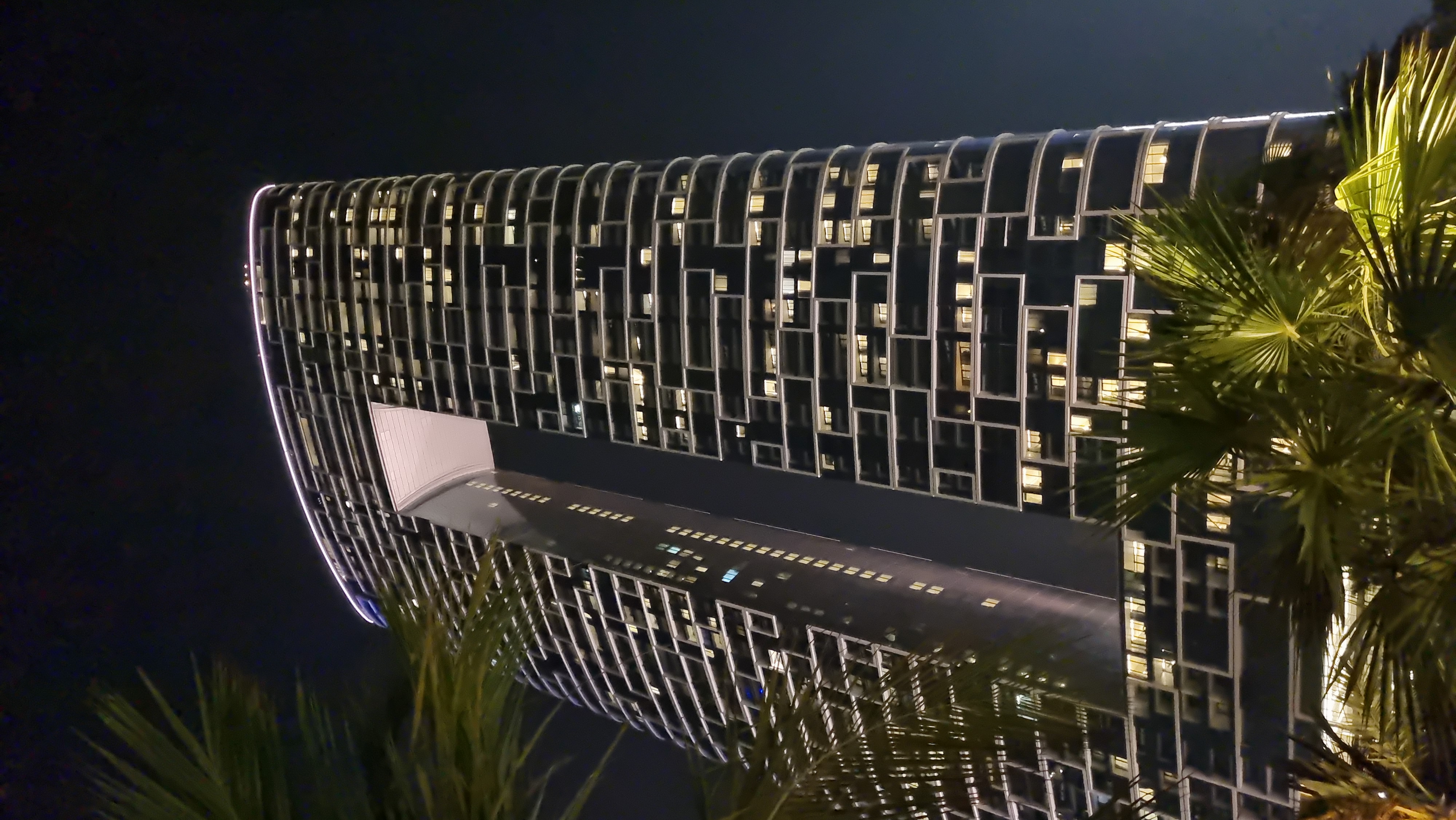

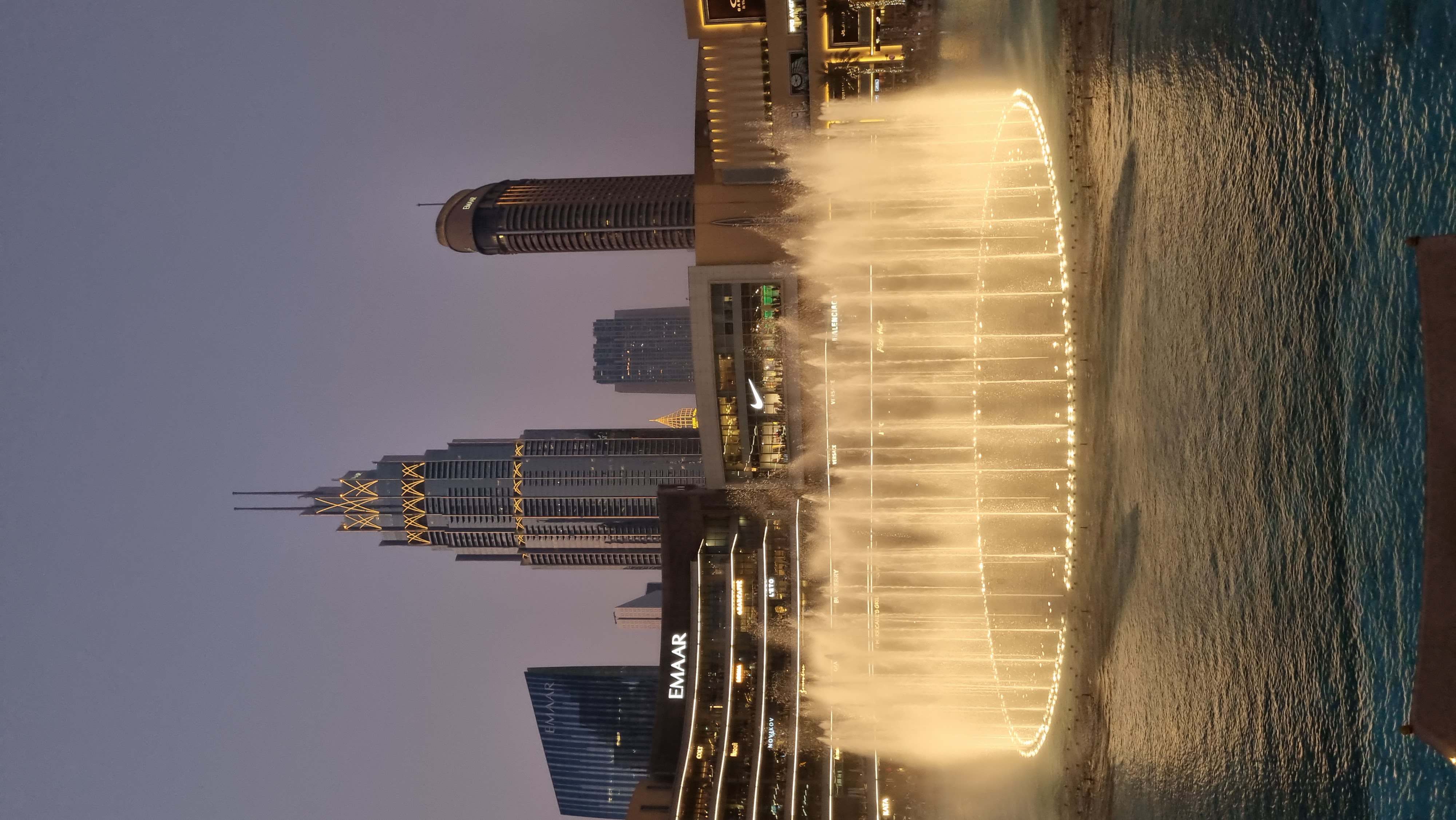
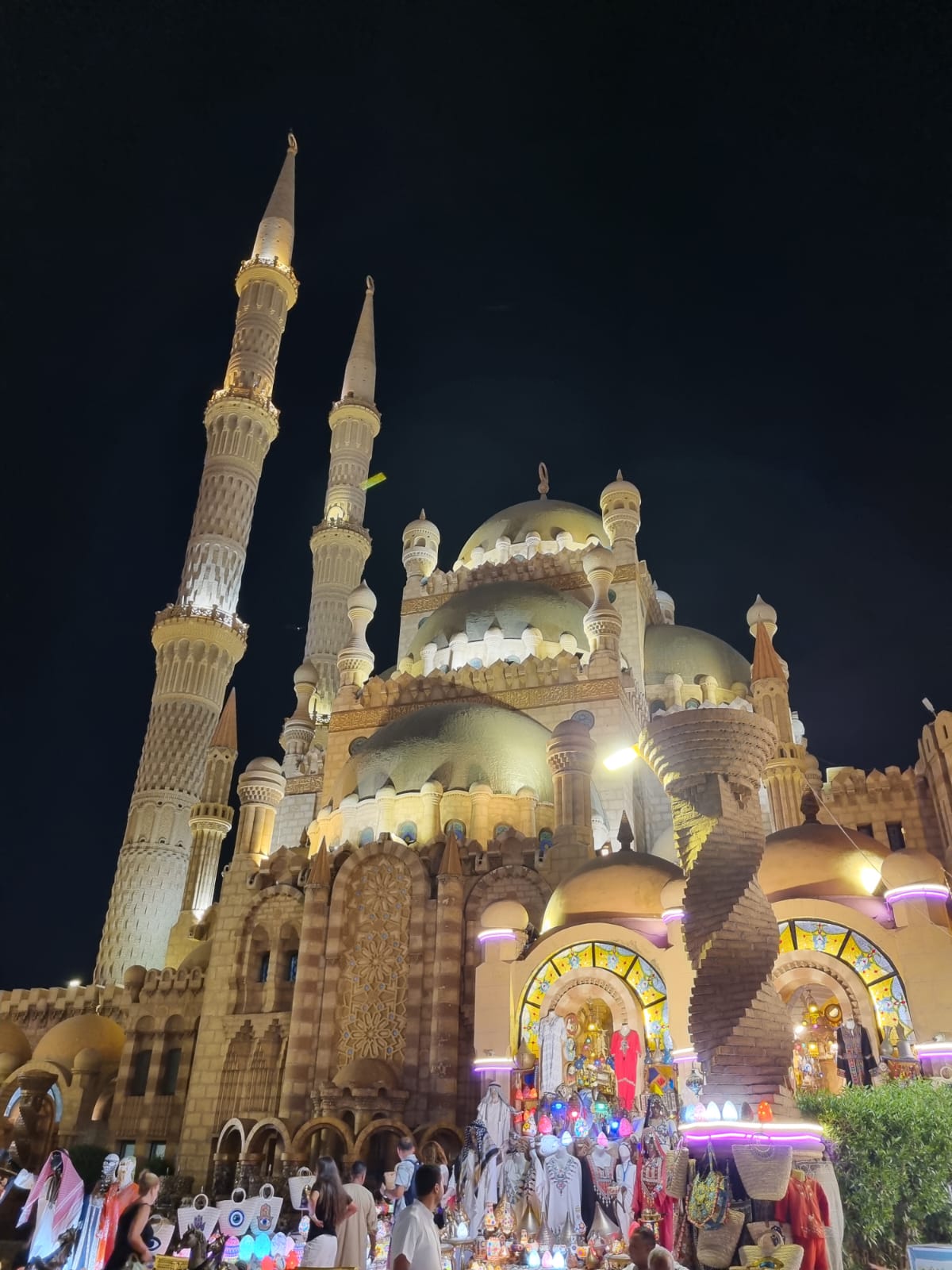
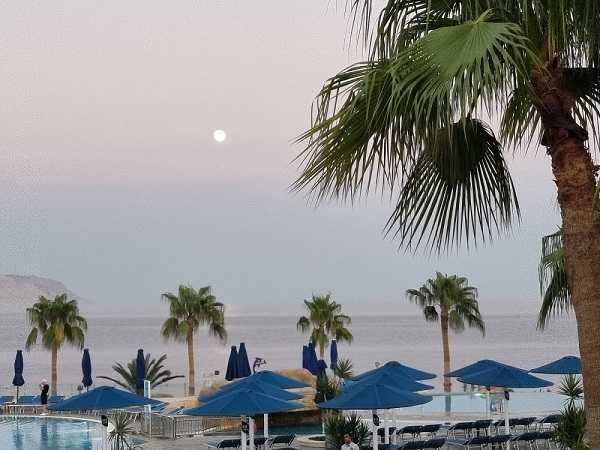





Comments powered by CComment